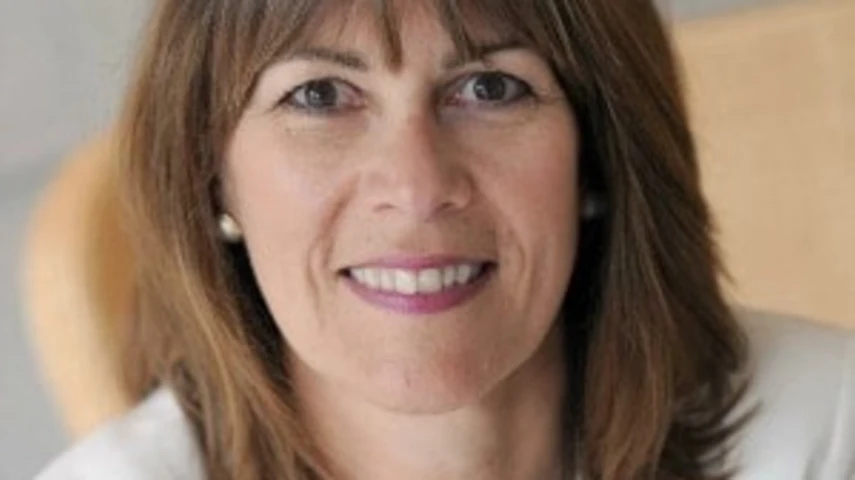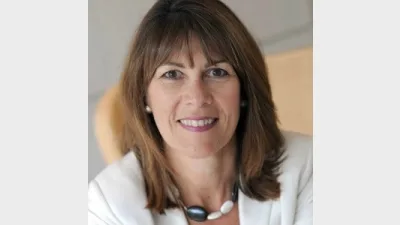FSC welcomes Asia Region Funds Passport signing



The trade of managed funds within Asian economies was set to become a lot easier after the Federal Government's move to sign the Asia Region Funds Passport, the Financial Services Council (FSC) said.
FSC chief executive, Sally Loane, said the passport offered a regulatory framework for "mutual recognition of fund operators and investment funds between participating countries".
She was also pleased Japan, which has $4 trillion of funds under management, was included in the Asian Region Funds Passport Statement of Understanding, which was signed at the APEC Finance Minister's meeting in the Philippines.
"The passport will offer investment managers across the region with a viable alternative to the European Union's regime, which has a strong foothold in Asia," she said.
"It will mean the economic benefits of cross-border financial services will remain within the Asian region, instead of Asian savings benefiting Europe."
Finance ministers from Australia, Japan, Korea, New Zealand, the Philippines and Thailand signed the statement of understanding, which is set to decrease red tape for managed funds, while giving fund managers the chance to compete for a bigger slice of managing Asia's savings.
Recommended for you
LGT Wealth Management is maintaining a neutral stance on US equities going into 2026 as it is worried whether the hype around AI euphoria will continue.
Tyndall Asset Management is to close down the Tyndall brand and launch a newly-branded affiliate following a “material change” to its client base.
First Sentier has launched its second active ETF, offering advisers an ETF version of its Ex-20 Australian Share strategy.
BlackRock has revealed that its iShares bitcoin ETF suite has now become the firm’s most profitable product line following the launch of its Australian bitcoin ETF last month.












